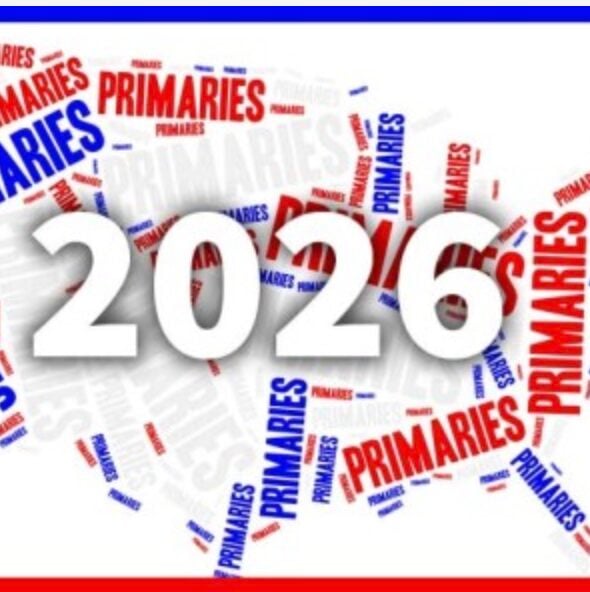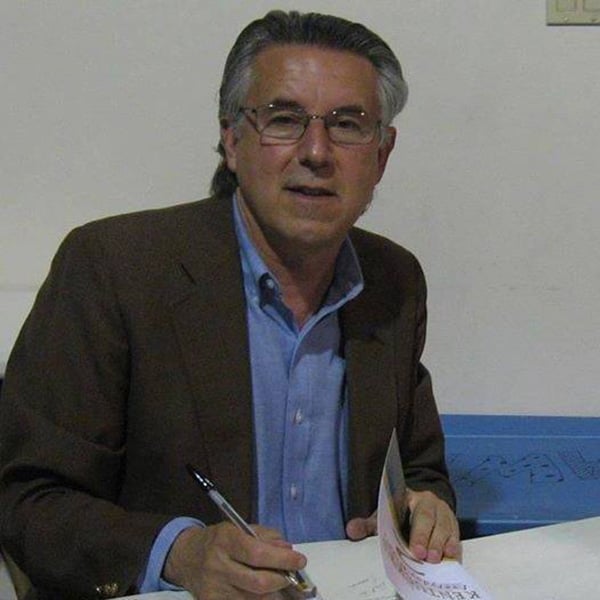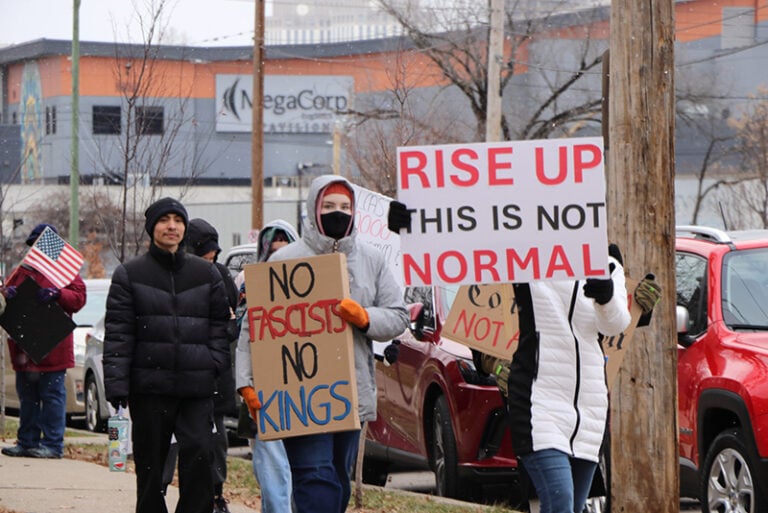WASHINGTON – Sen. Rand Paul may not be the most liberal member of the Kentucky delegation in the nation’s capital – fair enough, don’t you think? — but the Republican lawmaker and president wannabe isn’t always shy about dipping his toe into what might be considered traditional Democratic waters.
Paul, whose views often shift from traditional libertarianism to social conservative like an automatic transmission moving from first to second gear, is listening to the voices of the angels and, at least this time, setting aside his stab at the White House.

Along with Sen. Corey Booker, D-New Jersey, Paul has introduced the REDEEM Act, which if successful could be the first, albeit small, step in addressing the troubled federal justice system. The package will not only provide offenders with a chance at redemption but literally save taxpayers the millions upon millions of dollars it costs to warehouse them in the nation’s prisons.
As proposed, adult nonviolent offenders will be offered an opportunity to have their criminal records sealed. Prospective employers requesting FBI background checks will in return receive only relevant information, theoretically, at least, opening the door toward better job opportunities.
Paul maintains that an untold number of ex-cons can’t find work and therefore fall prey to their old ways to survive. That process leads to a cycle of poverty, drugs and imprisonment that Paul insists is destroying communities.
That on-going tragedy is particularly acute in the African-American community, a segment of the population Paul is determined to draw into the Republican fold. Minorities constitute about three-fourths of those convicted of nonviolent crimes who find themselves behind bars. Most of those prison terms are attributed to drug offenses — African-Americans are nearly four times more likely than whites to be arrested for nonviolent drug crimes like simple possession even though whites and blacks use drugs at a similar rate.
Paul said the legislation should open the door for thousands to find positions and become reintegrated into the workforce.
“The War on Drugs has had a disproportional effect on minorities and our inner cities,’’ Paul said in introducing the bill. “Our current system is broken and has trapped tens of thousands of young men and women in a cycle of poverty and incarceration. It is my hope that the REDEEM Act will help many of these young people escape this trap by reforming our criminal justice system, expunging records after time served, and preventing non-violent crimes from becoming a permanent blot on one’s record.”
The REDEEM Act isn’t the only proposal Paul is offering to address the federal justice and corrections systems. Last year, during an appearance before the National Urban League, he proposed reducing penalties for the possession of crack cocaine, a law that snares all too many young African-Americans. It would also reclassify several low-level drug possession felonies as misdemeanors and ensure food products containing drugs are accurately weighed – a nod toward the possession of brownies containing marijuana, a move that could result in lesser charges.
It’s obvious the nation’s corrections system can’t continue to operate at these ever-expanding levels and some folks, like Paul, are beginning to notice.
The incarceration debate arrives at a time when it’s becoming increasingly obvious the harsh penalties handed out to drug offenders are not accomplishing the objective of eradicating the scourge. Kentucky, for one, is experiencing what Senate Republican Leader Mitch McConnell, R-Louisville, described as an epidemic of heroin use. He is participating in a forum with National Drug Control Policy Director Michael Botticelli in Covington on April 9.
So, yes, Sen. Rand Paul deserves plenty of credit for recognizing an ongoing crisis and trying to do something about it – something achievable given the make-up of the current Congress.
Still, while kudos are in order, it’s obvious his efforts don’t reach far enough. The War on Drugs, basically instituted during the Reagan administration, has not only proved to be a colossal failure, it has destroyed lives and cost taxpayers billions of dollars that could have been better spent elsewhere.
The idea should be to find a way to keep nonviolent offenders out of prison, including the easing of all drug laws that can easily constitute victimless crimes.
As Paul himself notes, taxes have increased to fund prison spending, leaving fewer resources available for law enforcement, rehabilitative programs and needed investments in crime prevention. Increased incarceration has resulted in more than a quarter of a trillion dollars a year being spent per year on unproductive correctional activities.
While the U.S. constitutes 5 percent of the world population, it represents 25 percent of the world’s prison population. According to Pew Charitable Trusts, from 1980 to 2013, the number of offenders incarcerated in federal prisons increased from approximately 24,000 to more than 215,000, making the federal system the largest in the nation.
That astounding hike resulted from lawmakers adding new criminal laws to an already overloaded book and, of course, increased drug offenses. To accommodate the growing inmate population, Pew notes, the number of federal prisons nearly tripled, driving the surge in corrections spending.
“Taxpayers spent almost as much on federal prisons in 2013 — $6.7 billion –as they spent to fund the entire U.S. Department of Justice in 1980, after adjusting for inflation,’’ according to a Pew report. “Despite these expenditures, recent data show that a third of all offenders who leave federal prisons under community supervision return to custody for violating the terms of their release.’’
Not only does the current overpopulated, underfunded system hurt those incarcerated, it digs deeper into the pockets of taxpayers.

The numbers are unbelievable. In 2006, about 1.89 million people were arrested in the U.S. for drug-related offenses, up from 581,000 in 1980. In 1980, the average American contributed $77 a year to corrections expenditures. By 2010, that number jumped to $260. Factoring in other related costs such as judicial and legal services, that number grows exponentially.
It’s obvious the nation’s corrections system can’t continue to operate at these ever-expanding levels and some folks, like Paul, are beginning to notice. Ironically, the organization leading the way is Right on Crime, which consists of dozens of conservative leaders.
“Conservatives are known for being tough on crime, but we must also be tough on criminal justice spending,’’ the group maintains in its statement of principles. “That means demanding more cost-effective approaches that enhance public safety. A clear example is our reliance on prisons, which serve a critical role by incapacitating dangerous offenders and career criminals but are not the solution for every type of offender. And in some instances, they have the unintended consequence of hardening nonviolent, low-risk offenders — making them a greater risk to the public than when they entered.’’
And it is becoming increasingly apparent that the issue will arise in the 2016 presidential race, at least on the GOP side. This time there won’t be any Willie Horton ads or tough-on-crime rhetoric. While Paul is leading the reform pack at this juncture, it looks like everyone from Sen. Ted Cruz, R-Texas, to New Jersey Gov. Chris Christie, with a couple of exceptions, are hopping on board.
There’s hope yet.
Washington correspondent Bill Straub served 11 years as the Frankfort Bureau chief for The Kentucky Post. He also is the former White House/political correspondent for Scripps Howard News Service. He currently resides in Silver Spring, Maryland, and writes frequently about the federal government and politics. Email him at williamgstraub@gmail.com.


















